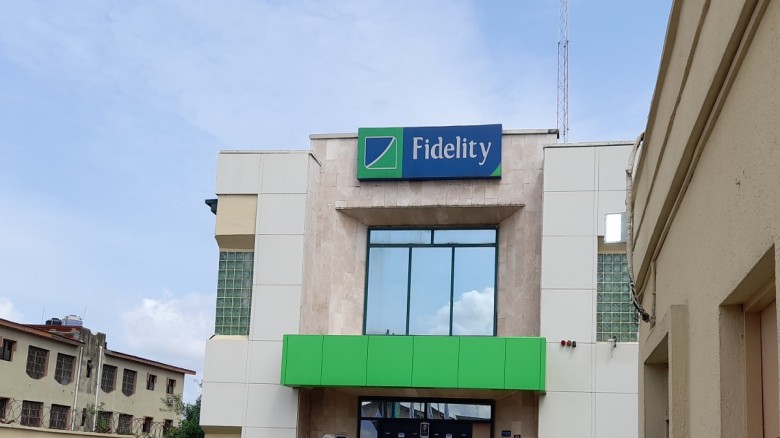FG unveils new debt management plan to strengthen sustainability
The Federal Government has sanctioned Nigeria’s Medium-Term Debt Management Strategy for 2024–2027, aimed at ensuring debt sustainability, enhancing fiscal stability, and growing the domestic securities market.A statement released on Saturday by the Debt Management Office confirmed that the policy framework received the approval of the Federal Executive Council.
The MTDS, developed with technical support from the World Bank and the International Monetary Fund, is considered a global standard for efficient public debt management.
According to the DMO, the MTDS is designed to align the government’s financing needs with long-term debt sustainability, while minimizing borrowing costs and mitigating exposure to possible risks.
“The principal goals of the MTDS are to satisfy the Government’s financing requirements and payment responsibilities in the short to medium term, accounting for the trade-offs between costs and risks in the debt portfolio; to achieve the optimal composition of the public debt portfolio that guarantees debt sustainability; and to further enhance the domestic securities market through the rollout of new products,” the statement highlighted.
Within the updated framework, Nigeria has established new debt sustainability targets across significant fiscal and risk metrics. These include:
The debt-to-GDP ratio is anticipated to rise from 52.25% in 2024 to a limit of 60% by 2027.
Interest payments-to-GDP will be set at a maximum of 4.5%, increased from 3.75% in 2024.
Sovereign guarantees-to-GDP will be restricted to 5%, in contrast to the existing 2.09%.
The domestic-to-external debt ratio has been modified from 48:52 to 55:45 to lessen exposure to foreign exchange risks.
Refinancing risk will be managed so that no more than 15% of debt will mature within a year, while the share of maturing debt in relation to GDP is capped at 5%.
The average time to maturity for the debt portfolio is set to a minimum of 10 years, ensuring longer repayment durations.
Foreign exchange debt exposure will be decreased, with foreign currency debt capped at 45% of total debt, down from the current 51.75%.
The DMO indicated that the MTDS was crafted through comprehensive consultations with key stakeholders in both the monetary and fiscal sectors, including the Central Bank of Nigeria and the Federal Ministry of Finance. Support from the World Bank and IMF was instrumental in aligning the strategy with global best practices.
The new strategy is expected to reassure investors, credit rating agencies, and international partners about Nigeria’s dedication to responsible debt management and fiscal discipline.
























Leave A Comment